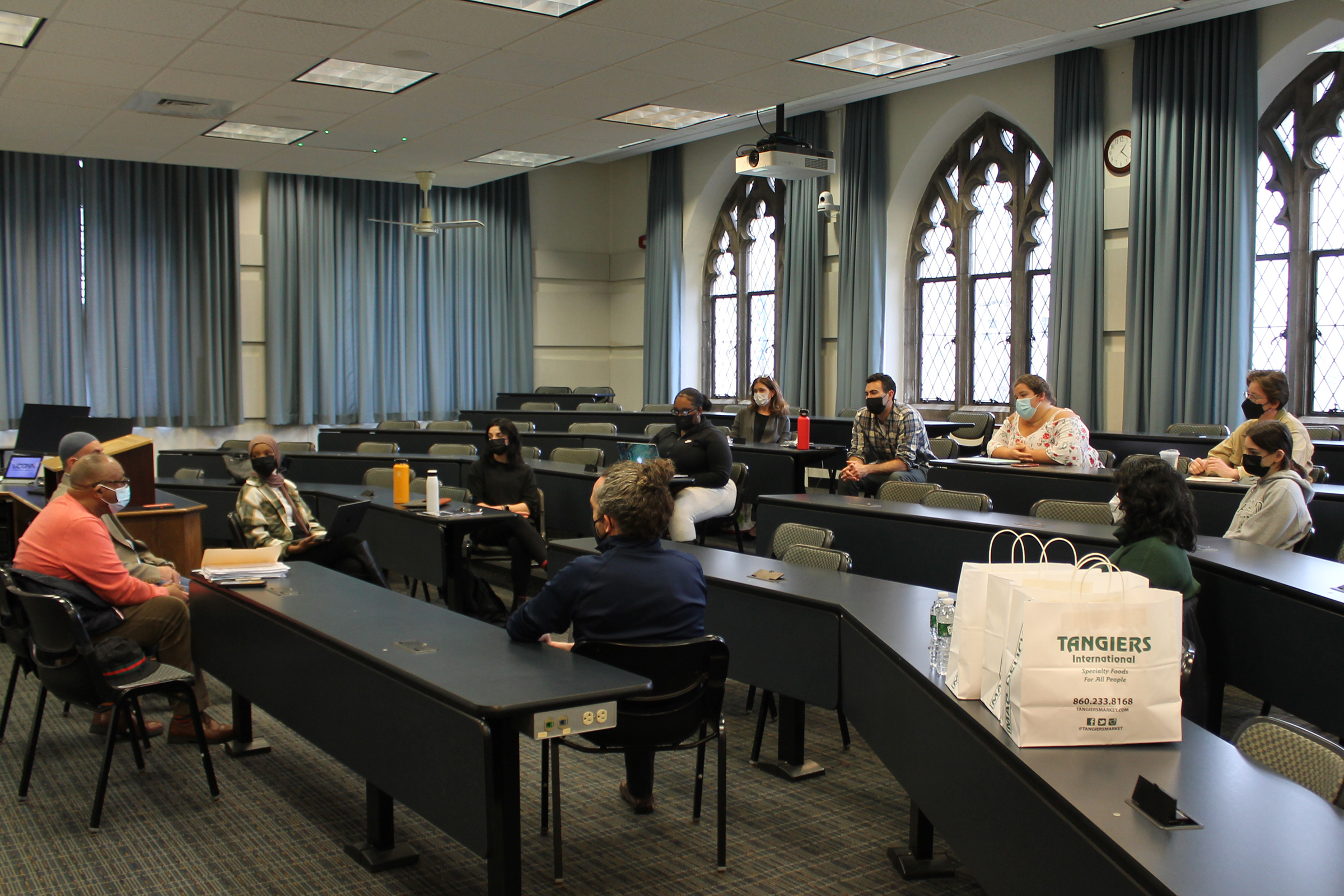Advocacy
Opposing Mandatory Pre-Trial Detention in Connecticut
Opposing Mandatory Pre-Trial Detention in Connecticut
Criminological research is clear: harsh pre-trial detention—whether in the form of cash bail or mandatory confinement—is not an effective tool of community safety. Furthermore, it tends to exacerbate race- and class-based inequality in the criminal justice system. In view of these empirical realities, many jurisdictions, over the last decade, have been moving steadily away from pre-trial detention. Connecticut should as well.
Supporting Fair Commutation Policy in Connecticut
Supporting Fair Commutation Policy in Connecticut
One important ingredient of the effort to curb mass incarceration—in Connecticut and elsewhere—is the use of commutation powers by the executive branch. We applaud Gov. Lamont for taking up this important mantle. At the same time, commutation powers must be used in a fair, even-handed way; otherwise, they stand to imperil, rather than safeguard, the rule of law. In the linked-to letter, we outline several principles that should guide the exercise of executive lenience in the service of decarceration.
Pay-to-Stay Advocacy
Pay-to-Stay Advocacy
For too long, Connecticut has charged individuals for the cost of their own imprisonment. The Center is proud to be part of a coalition mobilizing for reform—and we’re delighted that the General Assembly is considering a long-overdue bill to repeal the state’s draconian “pay-to-stay” law.
Director Kiel Brennan-Marquez and Student Fellow Mumina Egal submitted testimony supporting the reform bill, and Mumina and other affiliates wrote an Op-Ed on the burdens of pay-to-stay legislation. The Center is also developing a white paper addressing the broader due process issues with pay-to-stay laws.
In April, the Center hosted activist litigants Da’ee McKnight and Fred Hodges on campus. They spent the afternoon with students sharing how they were impacted by Connecticut’s pay-to-stay laws, discussing their activism, and brainstorming future paths to reform. Learn more about Da’ee and Fred’s story in this article.


